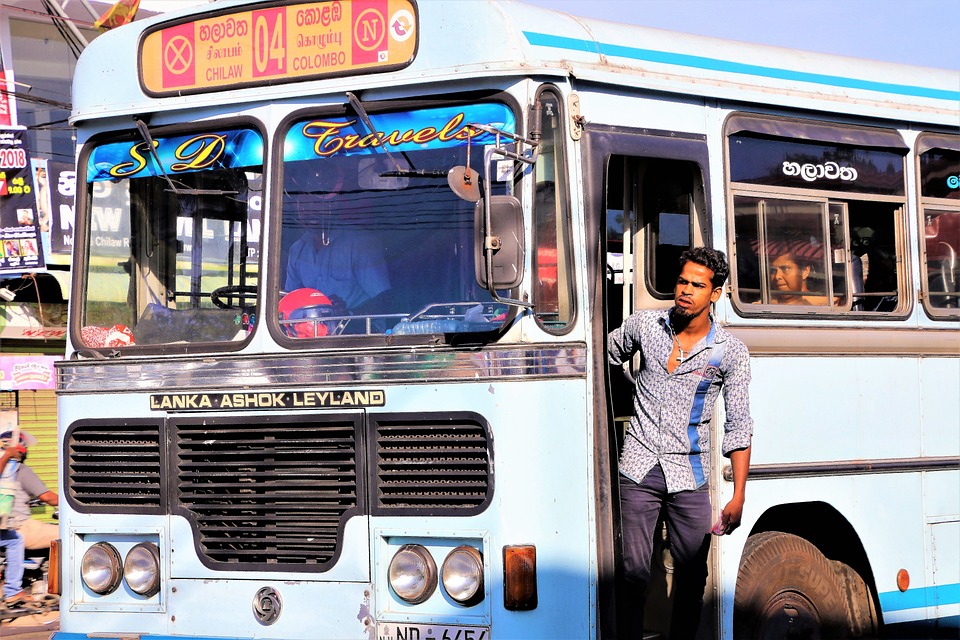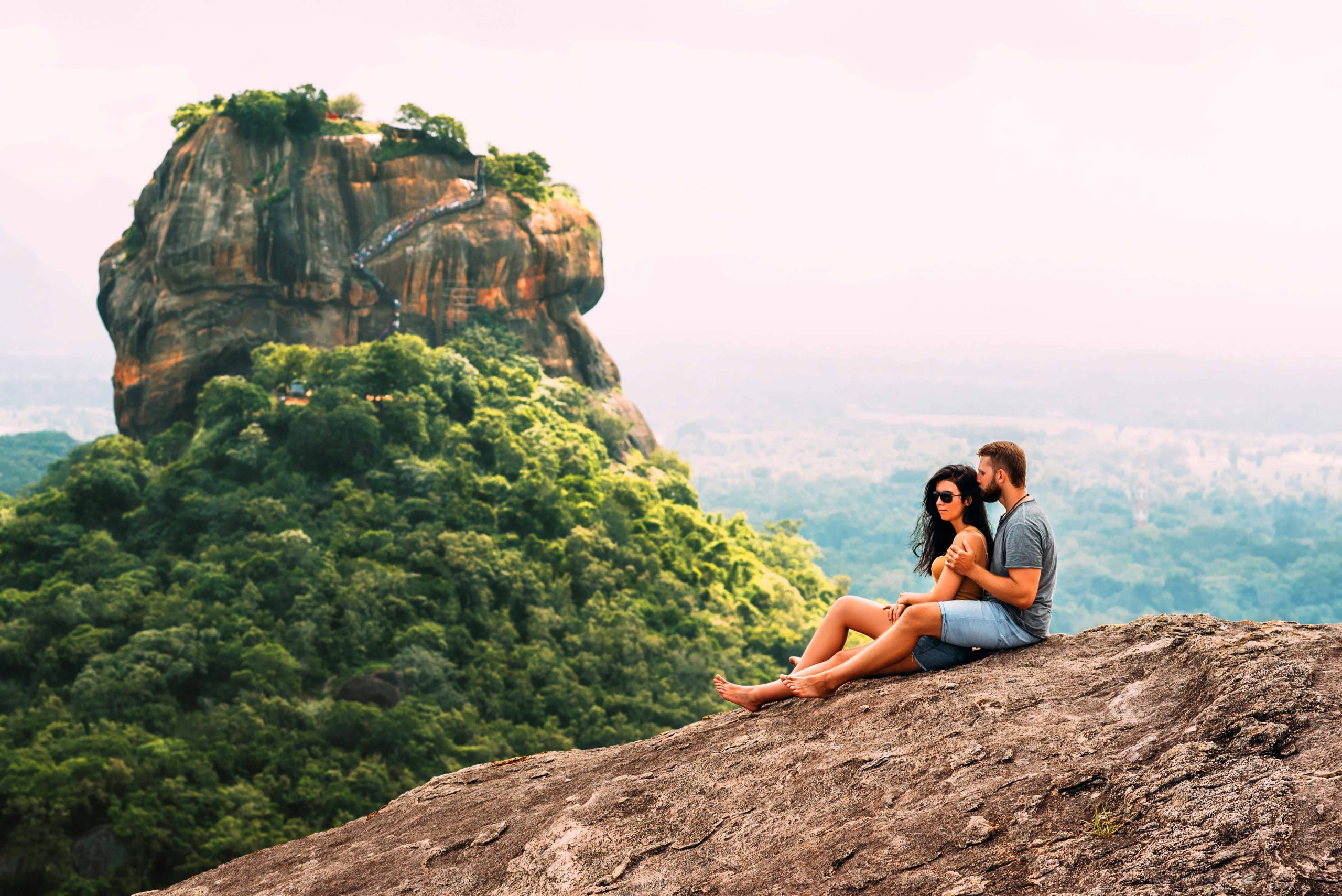Exploring the Wonders of Sri Lanka: A Guide to the Ultimate Tour

Welcome to our guide on exploring the wonders of Sri Lanka! In this article, we will take you on a virtual tour through the beautiful island nation of Sri Lanka and provide you with all the information you need to plan the ultimate tour. From stunning beaches to ancient ruins, lush tea plantations to vibrant cultural experiences, Sri Lanka has something for every type of traveler. So sit back, relax, and let us guide you through the wonders of this incredible destination.
Table of Contents
ToggleWhat are the must-visit destinations in Sri Lanka?
Sri Lanka is a land of diverse landscapes and rich history, offering a wide array of destinations to explore. One of the must-visit places in Sri Lanka is the ancient city of Anuradhapura, which is home to a sacred fig tree known as the Sri Maha Bodhi and numerous ancient ruins and monuments. Another essential stop is the city of Kandy, where you can visit the Temple of the Tooth Relic and witness traditional Kandyan dance performances.
On the southern coast, the city of Galle is famous for its well-preserved colonial architecture and picturesque beaches. For nature enthusiasts, the central highlands of Sri Lanka, including the town of Nuwara Eliya, offer breathtaking scenery, including lush tea plantations, waterfalls, and stunning mountain landscapes.
What are the best outdoor activities to do in Sri Lanka?
Sri Lanka is a paradise for outdoor enthusiasts, offering a wide range of activities to enjoy amidst its natural beauty. One of the most popular activities is hiking in the country’s hill country. The trails in Horton Plains National Park and Ella offer stunning views of the surrounding landscapes, including World’s End, a sheer cliff with a drop of over 4,000 feet.
For those looking for water-based activities, Sri Lanka’s coastline provides excellent opportunities for surfing, snorkeling, and diving. The coastal town of Mirissa is a hotspot for whale and dolphin watching, while the beaches of Arugam Bay are a surfer’s paradise. To immerse yourself in the island’s diverse wildlife, a visit to one of its national parks, such as Yala or Udawalawe, is a must.
What cultural experiences can I have in Sri Lanka?
Sri Lanka’s rich cultural heritage is reflected in its traditions, festivals, and ancient sites. The country is home to several UNESCO World Heritage Sites, including the ancient cities of Sigiriya and Polonnaruwa. Sigiriya, also known as Lion Rock, is an ancient rock fortress with well-preserved frescoes and landscaped gardens, while Polonnaruwa features impressive ruins of palaces, temples, and statues.
Visitors can also experience the vibrant traditions of Sri Lanka through its festivals and rituals. The Esala Perahera in Kandy is a grand religious procession featuring dancers, drummers, and caparisoned elephants parading through the streets. Other cultural experiences include learning traditional crafts, such as batik or mask-making, and attending performances of classical Sri Lankan dance and music.
What are the best times of year to visit Sri Lanka?
Sri Lanka enjoys a tropical climate with two main monsoon seasons, which vary depending on the region. The southwest monsoon brings rain to the southwestern coast and hill country from May to September, while the northeast monsoon affects the north and east from November to February. The best time to visit the west and south coasts, as well as the hill country, is from December to March when the weather is dry and sunny.
For those interested in exploring the cultural triangle and the east coast, the best time to visit is from April to September. This period offers dry weather and allows travelers to enjoy the sights and outdoor activities without the hindrance of heavy rainfall.
What are the visa requirements for visiting Sri Lanka?
Visitors to Sri Lanka are required to obtain a tourist visa before entering the country, which can be applied for online or through the nearest Sri Lankan embassy or consulate. The standard tourist visa allows for a stay of up to 30 days, with the option to extend for a maximum total of 180 days. It’s essential to check the latest visa requirements before traveling, as regulations and procedures may change.
Conclusion
Sri Lanka is a destination that offers a wealth of experiences for travelers seeking adventure, culture, and natural beauty. From ancient wonders to pristine beaches, lush greenery to exciting wildlife, this island nation has it all. By exploring the wonders of Sri Lanka, you’ll have the opportunity to create unforgettable memories and immerse yourself in a truly unique and diverse destination. So pack your bags, plan your itinerary, and get ready to embark on a journey through the wonders of Sri Lanka!
FAQs
1. What are the currency and language used in Sri Lanka?
The official currency of Sri Lanka is the Sri Lankan Rupee (LKR), and the national language is Sinhala. However, English is widely spoken and understood in tourist areas and major cities, making it convenient for travelers to communicate and navigate the country.
2. Is it safe to travel to Sri Lanka?
Sri Lanka is generally considered a safe destination for tourists. However, it’s essential to stay informed about the latest travel advisories and local conditions, especially in the case of political or social unrest. Travelers are advised to exercise caution and be aware of their surroundings, especially in crowded areas and public transport.
3. What should I wear when visiting religious sites in Sri Lanka?
When visiting religious sites in Sri Lanka, such as temples or shrines, it’s important to dress modestly out of respect for local customs and traditions. This typically means wearing clothing that covers the shoulders and knees. It’s also customary to remove footwear before entering a place of worship.
4. What are the transportation options in Sri Lanka?
Sri Lanka offers a variety of transportation options, including buses, trains, and tuk-tuks, which are three-wheeled motorized rickshaws. The train system is particularly popular for scenic journeys through the country’s hill country, while buses and tuk-tuks provide convenient and cost-effective ways to navigate cities and towns.
5. Are there any cultural etiquette tips to keep in mind when visiting Sri Lanka?
When visiting Sri Lanka, it’s advisable to be mindful of cultural etiquette, such as removing your shoes before entering someone’s home, showing respect for religious customs and rituals, and refraining from public displays of affection. It’s also a good idea to ask for permission before taking photographs of locals, especially in rural or remote areas.
All Categories
Recent Posts
How to Obtain an International Driving License in Sri Lanka
Flying from KTM to Sri Lanka: What You Need to Know
Affordable Business Class Flights to Sri Lanka

